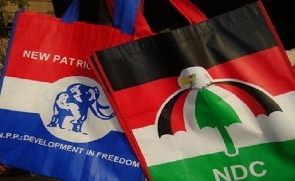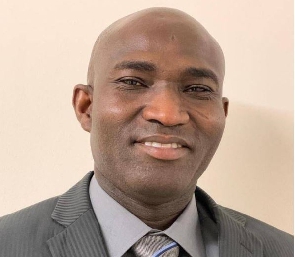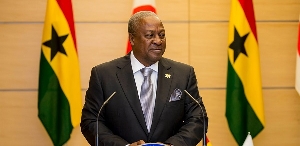Micheal Kottoh, the Lead Consultant for Konfidant, a globally oriented, Africa-region-focused advising firm, argues that party manifestos should be abolished if Ghana is to advance to the level of first-world countries.
He believes that the existing political system, which allows presidential contenders to compete on their own ideas, with the greatest concept emerging triumphant, is not propelling the country forward.
He made the remarks at a public lecture on Tuesday, November on the theme “A Common Manifesto for Our Common Future.”
“The only way we can have a common manifesto for a common future is to ban party manifesto. Let’s ban them [party manifestos]. I hear time and again that a lot of Ghanaians are frustrated about why we cannot have a national development plan and stick to it.
“We keep referring to Malaysia, Singapore, and the Chinese and we know that this has been a very fundamental part of their transformation. There is no way we can have a common national development plan and stick to it if we keep having party manifestos. It is not possible. There is a contradiction there. So if we want a common manifesto that will translate into a common development plan, I say ban the party manifestos,” he said.
The speaker suggests that once manifestos end, the country can evaluate presidential candidates based on their ability to achieve national Key Performance Indicators (KPIs).
He believes that the current political system favours politicians based on their own marking scheme, which could influence the public’s decision to retain or dismiss them.
David Ofosu-Dorte, Executive Chairman of AB and guest speaker at the lecture, emphasized that citizens should drive the parties’ manifestos rather than banning them, to achieve desired development.
The analysis of Ghana’s two main political parties’ manifestos since 1992 reveals that the real issues important to national development are often not captured, he said.
The parties usually say the same things in their manifestos, except for differing wording of pointers, he claimed.
David Ofosu-Dorte, Executive Chairman of AB and David Africa, believes that instead of banning manifestos, the citizenry should drive what goes into the parties’ manifestos to bring about desired development.
“The interesting thing is that none of these manifestos seems to focus on the soft points without which the manifestos cannot thrive. For example, the manifestos make copious provisions for security. But what is security in an undisciplined society? If the society is undisciplined there cannot be security; it doesn’t matter how many plans you make” he argued.
“The real problem, therefore, is not what the manifestos say, it is rather what the manifestos don’t say. Because the manifestos in my view, are silent on very important issues which form the real foundation. It’s either they’re completely silent on them or do not address them adequately.
Click to view details



Politics of Thursday, 30 November 2023
Source: rainbowradioonline.com

















